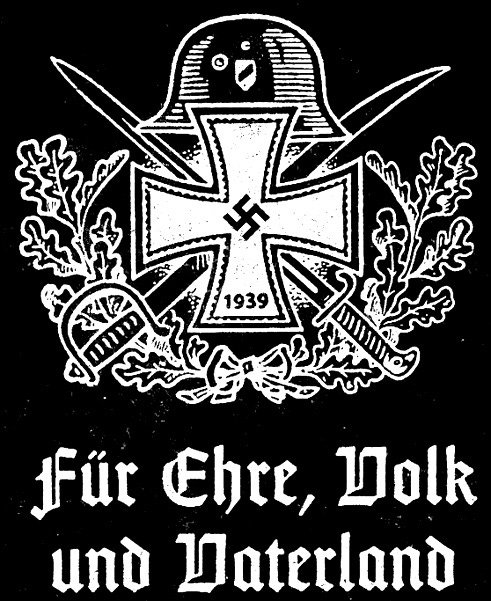Interview with German Cross in Gold winner Feldwebel [Staff Sergeant] Ludwig Machek, who served in 5. Kompanie, I. Bataillon, Jäger-Regiment 28, 8. Jäger-Division, Germania Club, 1985
Keep reading with a 7-day free trial
Subscribe to Ava’s Substack to keep reading this post and get 7 days of free access to the full post archives.


